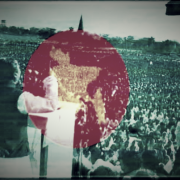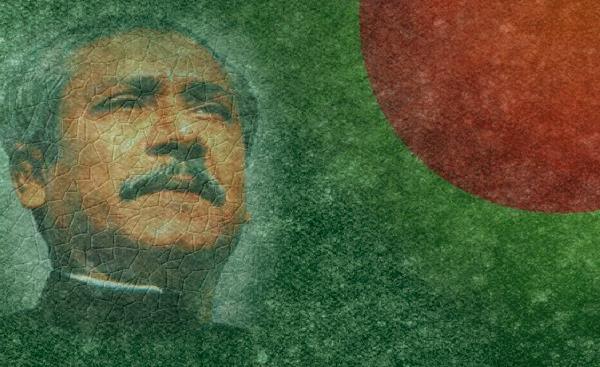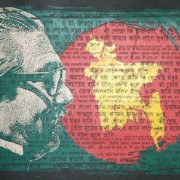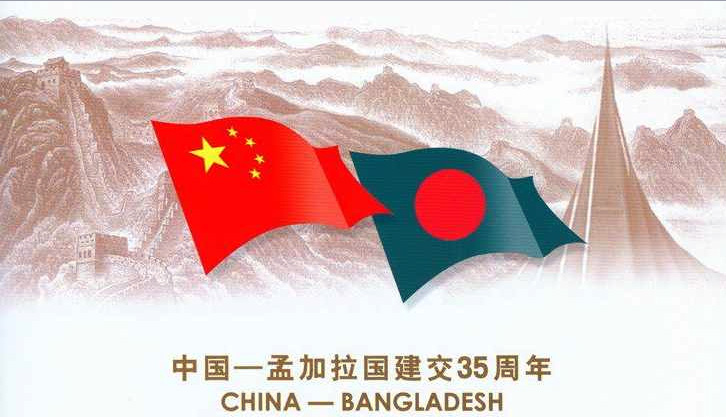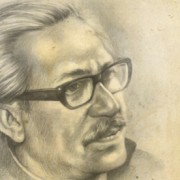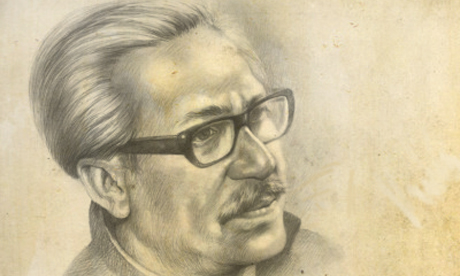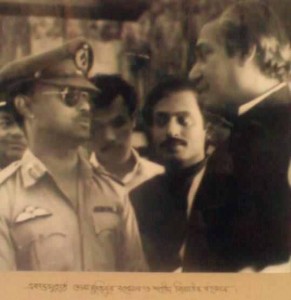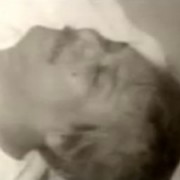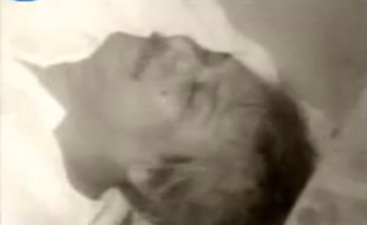Know real history of Liberation War: PM to children
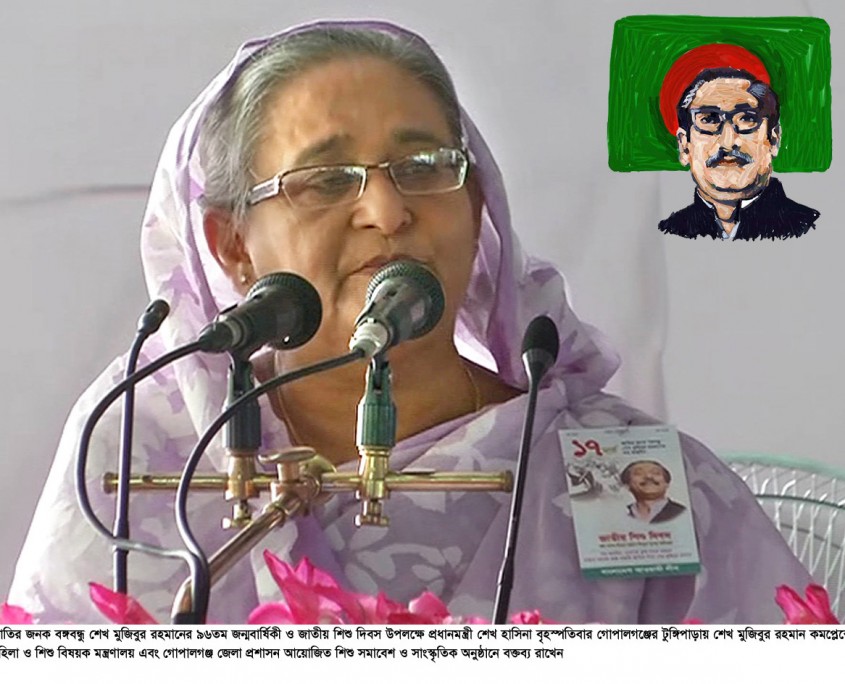 #bangabandhu -Prime Minister Sheikh Hasina today called upon the children to know the real history of victory in the Liberation War and the long struggle for the country’s independence alongside grooming themselves as “good citizens” following the ideals of Bangabandhu.
#bangabandhu -Prime Minister Sheikh Hasina today called upon the children to know the real history of victory in the Liberation War and the long struggle for the country’s independence alongside grooming themselves as “good citizens” following the ideals of Bangabandhu.
“After the tragic assassination of Bangabandhu in 1975, the spirit of the War of Liberation was foiled and the people of the country were deprived of knowing the true history of independence for 21 years and that there was something for which they could feel proud,” she said.
The Premier said but days have changed today. “The children of the country now know and see the true history of the Liberation War as we after coming to power again are projecting it before them,” she added.
She said: “We want that the children would develop themselves with such a mindset that they would know that we are a victorious nation and Bangabandhu gave us the flag of that victory.”
The Prime Minister said this while addressing a children’s rally marking the 97th birthday of Father of the Nation and National Children’s Day today on Bangabandhu Mausoleum Complex here. The Ministry of Women and Children Affairs and Gopalganj district administration jointly organized the rally joined by schoolchildren of different educational institutions of Tungipara, the birthplace of Bangabandhu. Rafiatur Zaman, a student of a local school, presided over the function while State Minister for Women and Children Affairs Meher Afroz Chumki was present as the special guest. Rittik Zidan, also a student, gave the welcome address.
Secretary of the Ministry of Women and Children Affairs Nasima Begum, Dhaka Divisional Commissioner Zillar Rahman and Deputy Commissioner of Gopalganj Khalilur Rahman were present on the dais. Ministers, parliament members, cabinet secretary, chiefs of the three services, political leaders, senior civil and military officials were also present at the function. Sheikh Hasina also advised the children to follow the guidelines of their teachers, parents and guardians as well as maintain discipline in all spheres of life to make their future meaningful. Mentioning the education as the most “valuable asset” in life, the Prime Minister said none could ever snatch this wealth.
“That is why, her government has created better opportunity for the children’s education to flourish their latent talent and merit,” she said. In this regard, she urged the children to be more dedicated and attentive in their regular academic studies, sports and cultural activities to develop themselves as worthy citizens. Urging the children to follow the ideals of Bangabandhu, Sheikh Hasina said Bangabandhu, the greatest Bangalee of all time, always had special affection and love for the children and juveniles.
The Prime Minister said Bangabandhu was the leader of the exploited and deprived people across the world and he used to help his poor classmates and distressed people from his boyhood. She said Bangabandhu had proved through his sacrifice that how much love he (Bangabandhu) had for the people. “As his children, we feel proud as he brought the self-identity and success for the nation,” she said. She said Bangabandhu established Bangalees as a victorious nation and there is nothing to be prouder than it. But the evil forces whom we defeated in 1971 took revenge by carrying out the 15th August massacre in 1975.
“The defeated forces of 71 along with their collaborators assassinated the Father of the Nation, his family members including minor children like Russell and Babu to take revenge of their defeat,” she said. Sheikh Hasina said the killers and their collaborators diverted Bangladesh towards opposite direction from the path of the spirit of the great War of Liberation. The Premier said Bangabandhu, who endowed the Bangalee nation with the freedom and independence through his 23-year-long struggles, gave priority to education to build a dignified nation before the world.
Sheikh Hasina said Bangabandhu soon after liberation, made the primary education free of cost to allow every child to have access to education for building up future generation and leadership. Following in the footprint of the great leader, she said, her government also nationalized over 26 thousand primary schools and formulated the National Children Policy 2011 to ensure their welfare. She said the verdicts of the trial of killers of Bangabandhu have been executed while the trial of war criminals for their crimes against humanity like killing, rape and looting is progressing.
“That is why, the country is being freed from the curse and advancing towards development and prosperity,” Sheikh Hasina said. In this connection, the Premier said the conspiracies of the anti-liberation forces are still on. “But the plots could not misguide the people,” she said. The Prime Minister said Bangabandhu had dreamt of building Bangladesh as a peaceful country in the world free from hunger and poverty. “We are working tirelessly to materialize that dream,” she said.
Later, Sheikh Hasina distributed prizes among the children who participated in literary, cultural and art competition organized marking the 97th birthday of the Father of the Nation and the National Children’s Day. She also handed over sewing machines among some distressed women and inaugurated a book fair on the mausoleum complex.


